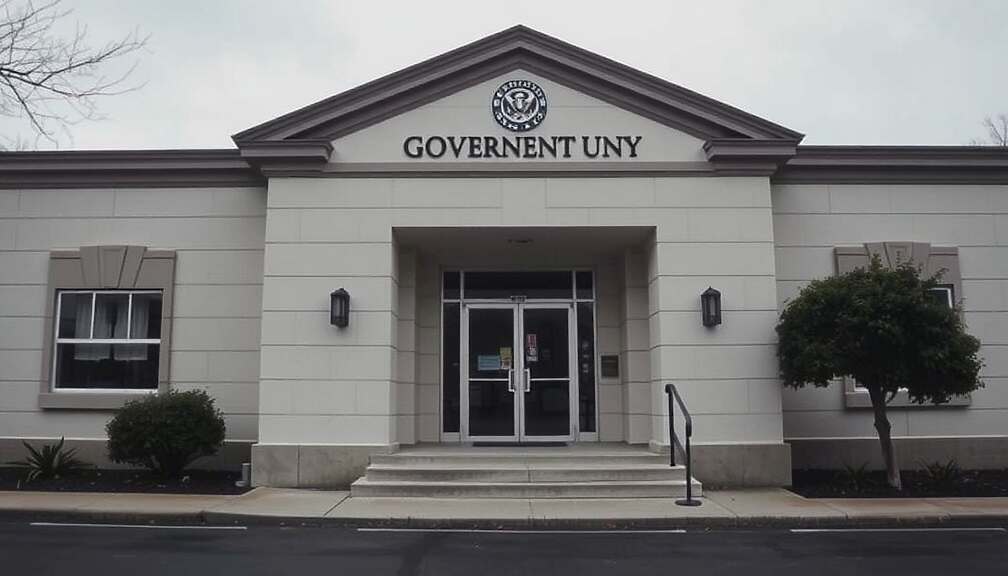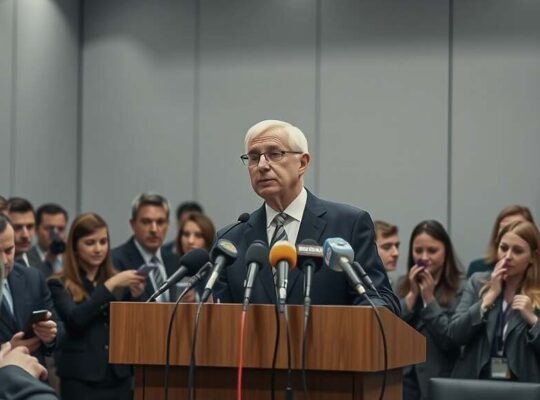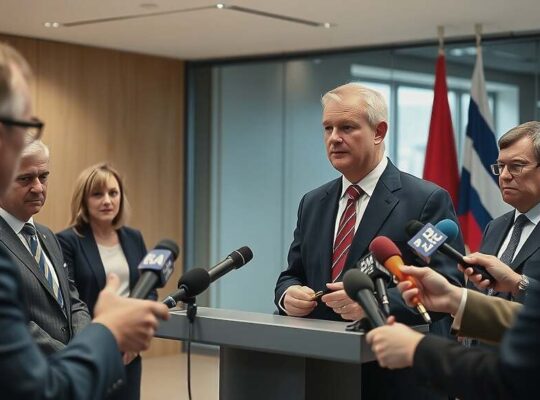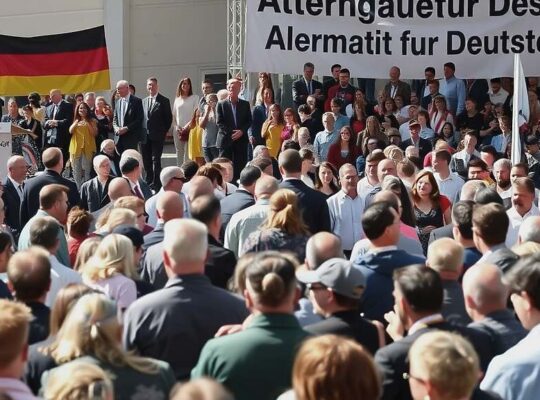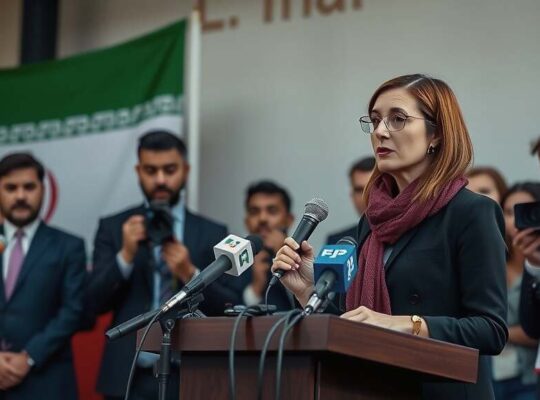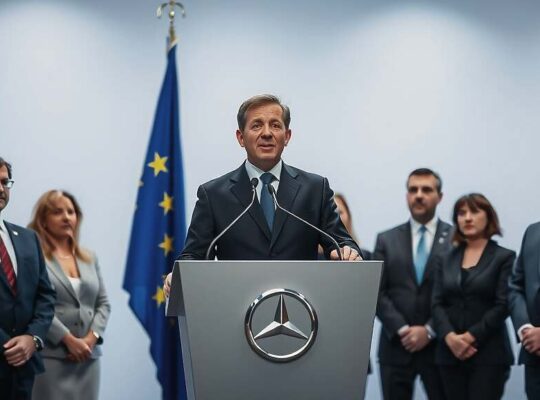The 75th anniversary of the Federal Office for the Protection of the Constitution has sparked a rare public critique from within the security apparatus itself, highlighting a perceived lack of appreciation for the agency’s vital role and underscoring the urgent need for reform. Stephan Kramer, President of the Thuringian State Office for the Protection of the Constitution, voiced his concern that policymakers and the public fail to adequately recognize the complex and often fraught history of Germany’s domestic intelligence agencies.
Kramer’s remarks, shared with the Redaktionsnetzwerk Deutschland, acknowledge a past marred by successes, failures and scandals that significantly eroded public trust. He emphasized the considerable efforts undertaken by security personnel in recent years to rebuild that trust and learn from past mistakes. Despite this progress, he argues that the recognition afforded to the service remains insufficient, particularly given the increasingly complex threats facing the nation.
The current landscape, characterized by “hybrid threats” emanating from abroad and a growing potential for internal destabilization, demands a fundamental reassessment of the Verfassungsschutz’s capabilities and mandates. Kramer’s call for a “new orientation” signals a need to aggressively combat both traditional, analog threats alongside the burgeoning digital realm. This requires a comprehensive modernization of the existing security architecture and a critical review of the agency’s legal powers – a process he stresses must be undertaken with a laser focus on future challenges.
Kramer’s intervention is particularly noteworthy given the recent reaffirmation of the Verfassungsschutz’s essential role by the Federal Constitutional Court. While he welcomes this acknowledgement, he suggests it is only the beginning of a broader conversation about the agency’s standing within German society and the pressing need for ongoing adaptation in the face of evolving geopolitical realities. The critique implicitly prompts a difficult question: does Germany’s commitment to democratic principles truly extend to fully supporting and adequately empowering the institutions tasked with its protection?


